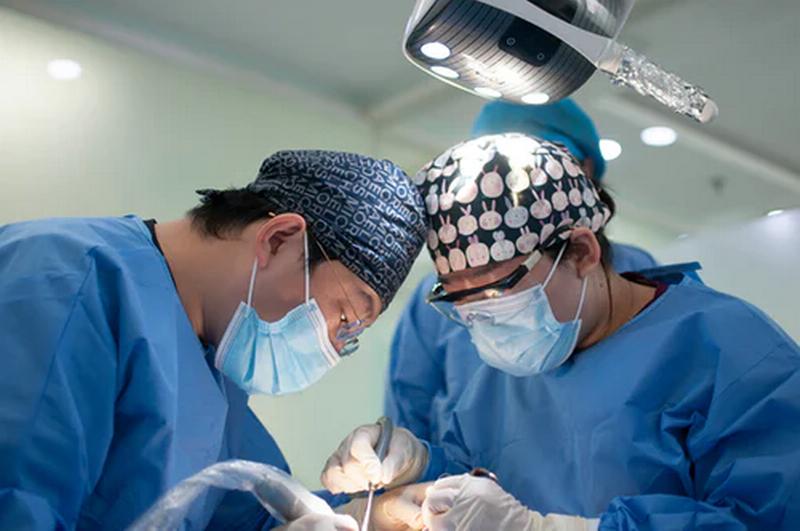Cardiologist and Cardiac Surgeon – What is the Difference?
By Dr Michael MacDonald

Heart - or cardiovascular - disease is one of the top causes of death in much of the developed world. Leading the fight against heart disease are cardiologists and cardiac surgeons. While both specialise in treating heart conditions, they are not the same.
Cardiologists and cardiac surgeons start with the basics of medicine. That is where the similarities end. After several years of medical school, their training diverges. They perform different duties and their specialities vary.
Training
Both professionals have a similar academic foundation. Both attend higher education programs that focus on the same medical basics.
Once they reach a certain level of knowledge, they go their separate ways. Cardiologists go on to specialise in medicine, whereas cardiac surgeons focus on surgery. As they specialize further, they specialize in different age groups, conditions, and diseases.
What They Treat
While both specialists work together to treat the same area of the body. There are vital differences in the issues they deal with and how they treat them. Despite the differences, cardiologists and cardiac surgeons work together to provide solutions. They have to stay at the forefront of medicine and provide the life-saving services they do.
Cardiologist Treatments
Cardiologists are often the first contact point after a primary care doctor. When a patient has heart issues, a doctor will likely send them to a cardiologist. A cardiologist focuses on the heart and surrounding blood vessels. They perform diagnostic tests like echocardiograms, ECGs, stress tests, and CT/MRI scans.
Cardiologists diagnose problems, conditions, and issues related to the heart and blood vessels. They can prescribe medication and treatment courses that save lives and reduce suffering. Cardiologists can also perform minimally invasive operations, like placing stents or unblocking arteries. They also correct irregular heartbeats and place pacemakers. More recently, cardiologists have even put in heart valves!
The relationship between a cardiologist and their patient can last years, often a lifetime.
Cardiology specialisations include adult, pediatric, interventional, congenital, heart failure, electrophysiology and preventive cardiology.
In summary, cardiologists:
- Are referred by a primary care physician
- Focus on the heart and blood vessels
- Perform diagnostic tests
- Prescribe courses of non-surgical treatment
- Perform minimally invasive procedures
- Make referrals to cardiac surgeons
- Form long-term relationships with patients
Cardiac Surgeons Treatments
The relationship between cardiac surgeons and their patients rarely lasts more than a few months. This is enough time to confirm the cardiologist’s opinion, perform the procedure, and complete post-surgery care.
The cardiologist refers a patient to a cardiac surgeon for complex surgical procedures. These include coronary artery bypasses, congenital heart defects, aneurysms, or heart valve repairs. Cardiac surgeons also perform full cardiac transplants or artificial hearts and pumps.
Cardiac surgeons often also treat conditions of other parts of the upper body. Depending on their speciality, they can treat the lungs, oesophagus, and thymus as well. This is why they are also called ‘cardiothoracic surgeons’.
Cardiothoracic surgeons can specialize in two main areas, cardiac surgery or thoracic surgery.
In summary, cardiac surgeons:
- Are referred by cardiologists
- Perform complex invasive surgeries on the heart and lungs
- Can specialize in several areas and disorders of the upper thorax
- Can specialize in different age groups
- Usually have short-term relationships with their patients
Conclusion
Cardiologists and cardiac surgeons treat the same areas of the body, but they do not play the same role. Cardiologists can diagnose heart problems, perform minimally invasive procedures, and provide long-term treatment.
Cardiac surgeons work on cardiologists' advice and provide treatment of complicated surgical procedures. They rarely see their patients outside of surgical consultation, operation, and early aftercare.
Together, they offer a comprehensive team to help improve and save patients' lives.

